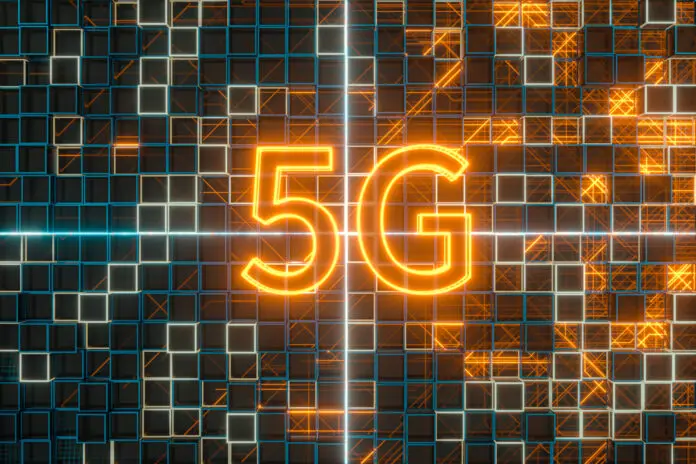Maxis recently engaged Nokia as a key partner to build part of its 5G Core ecosystem to meet future connectivity needs
Malaysian telco Maxis and Nokia have inked a partnership with the aim of expand their collaboration and focus on next-generation connectivity.
As part of the collaboration, Maxis will work with Nokia to explore the implementation of newer technologies to further fortify Maxis’ networks, strengthening security and reliability. This includes quantum-safe optical networking that protects against threats by both classical and quantum computers.
In addition, both companies will explore innovation around facilitating efficient and scalable connectivity across cloud environments to bolster network security.
Maxis recently engaged Nokia as a key partner to build part of its 5G Core ecosystem to meet future connectivity needs. This includes utilizing cloud-native solutions that will enable Maxis to fully leverage 5G capabilities.
“We look forward to closer collaboration to innovate across our network ecosystem and 5G offerings. This will ensure we are future-ready to meet customers’ ever-increasing demands for fast, secure and reliable connectivity,” said Goh Seow Eng, CEO of Maxis.
Maxis recently said it successfully showcased what it claims to be the first 5G-Advanced technology trial in Malaysia and Southeast Asia in partnership with Chinese vendor Huawei.
Maxis highlighted that the 5G-Advanced trial included a live speed test to demo 5G-Advanced’s capabilities to achieve ultra-fast peak speeds of up to 8Gbps. 5G-Advanced, also known as ‘5.5G’, promises up to 10 times improvement in speed, connected devices and latency compared to current 5G networks, Maxis said.
The demonstration booths featured interactive applications of the technology, including low-latency live streaming of various Kuala Lumpur city center views, live 3D content and immersive augmented reality (AR) experiences.
Maxis also highlighted that 5.5G’s advanced capabilities can support digitalization, automation, and the internet of things (IoT) across many sectors. These capabilities will facilitate the digital upgrade of core industries such as high-end manufacturing, automotive and smart transportation, as well as enable state-of-the-art visual communication through 3D and extended reality (XR). In addition, 5G-Advanced will support the development of affordable IoT solutions, the carrier added.
The Malaysian government had previously stated that Malaysia would shift to a dual 5G network once state-run 5G network Digital Nasional Berhad (DNB) achieved 80% coverage in populated areas, a goal that was achieved by the end of last year.
All telcos in Malaysia are currently offering 5G using DNB’s network infrastructure.
The Malaysian government recently confirmed that the special committee overseeing the implementation of the country’s 5G network, was working to prepare a Cabinet memorandum soon to discuss and decide whether it is time to allow a second 5G network in the country.

